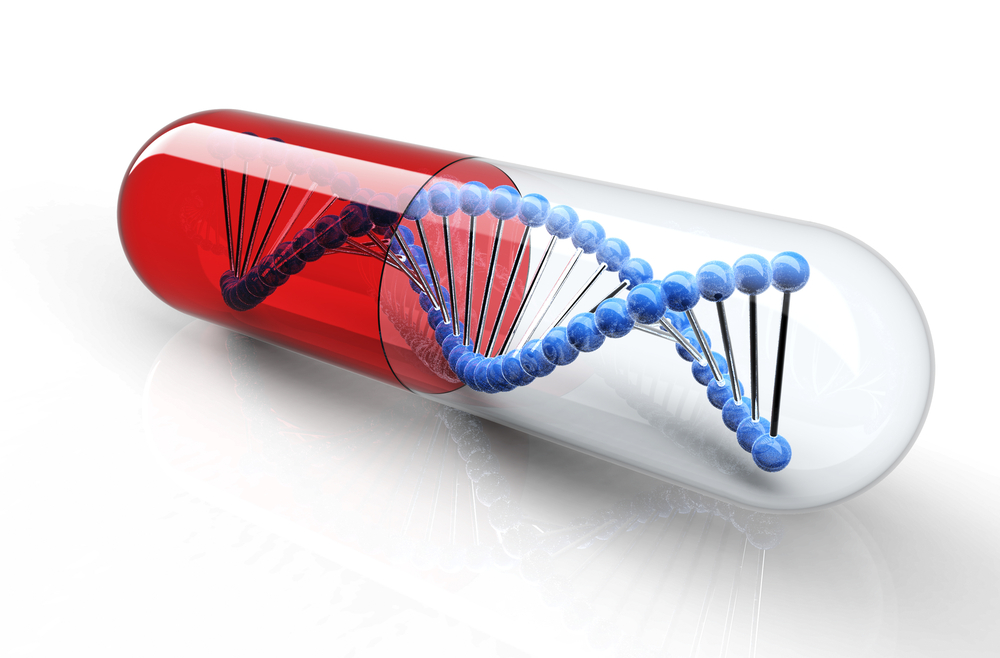Pfizer Acquires Bamboo Therapeutics, Readies Clinical Trial of Gene Therapy for DMD

Bamboo Therapeutics has been fully acquired by Pfizer, considerably expanding that company’s holdings in gene therapy. With the acquisition, Pfizer gains several potential therapeutic agents for rare diseases, including one for Duchenne muscular dystrophy (DMD), soon to enter clinical testing; and one Phase 1/2 clinical stage agent, a potential best-in-class recombinant Adeno-Associated Virus (rAAV) vector technology. It also now owns a fully functional, Phase 1/2-scale gene therapy manufacturing facility.
Gene therapy is a promising field for the treatment of a variety of diseases caused by mutations in a particular gene. By introducing genetic material containing a corrected copy of the faulty gene, it can compensate the defective gene and improve a patient’s outcomes. Although the genetic material can be delivered in a number of ways, rAAV vectors are most frequently used.
“The field of gene therapy research has made tremendous strides in recent years, and we are pleased to be able to further enhance our leadership position in this area through this transaction with Bamboo,” Mikael Dolsten, president, Pfizer Worldwide Research & Development, said in a press release. “We believe that gene therapy may hold the promise of bringing true disease modification for patients suffering from devastating diseases, and we hope to see this promise come to fruition — through new and existing in-house capabilities and potential partnership opportunities — in the years to come.”
Bamboo’s portfolio includes promising rAAV-based gene therapies for a number of diseases, including DMD, Friedreich’s ataxia, Canavan disease, and giant axonal neuropathy, the last already in Phase 1/2 clinical development. Bamboo scientists also have developed technologies that improve the rate of genetic material delivery into the cells, as well as rAAV specificity to target specific organs or tissues.
In addition, Bamboo also owns a 11,000-square-foot manufacturing facility with a cell-based production platform that increases product purity, efficiency, and scalability. This facility, fully staffed and equipped to produce Phase 1/2 gene therapies, will be helpful when the DMD program, which requires high amounts of rAAV, commences.
This program is expected to soon enter Phase 1/2 studies evaluating the safety and preliminary efficacy of a rAAV vector containing a shortened, but functional copy of the dystrophin gene. The vector is called BMB-D001.
“Bringing together Pfizer and Bamboo colleagues’ deep scientific understanding of both rAAV biology and complex biologic manufacturing will help position us for success in this area. We are pleased to welcome Bamboo colleagues to Pfizer and look forward to working together on transformative gene therapies for patients in areas of high unmet medical need,” said Gregory LaRosa, chief scientific officer, Rare Disease Research Unit, Pfizer.
During the first quarter of 2016, Pfizer acquired some 22 percent of Bamboo with a payment of about $43 million. With a new, upfront payment of $150 million, Pfizer has now acquired the Bamboo’s remaining equity.






